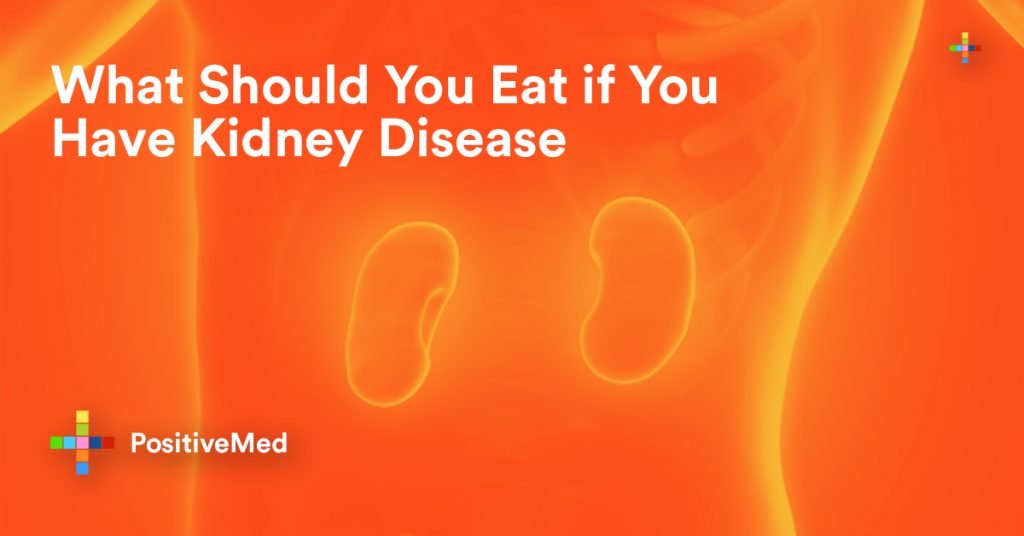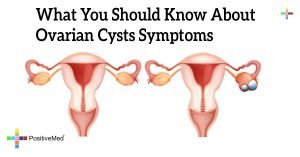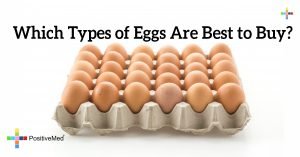What Should You Eat if You Have Kidney Disease You may be required to change your diet? The changes may include limiting salts, taking a low-protein diet, limiting fluids, phosphorous, potassium, and other electrolytes. If you are losing weight, you need to get enough calories.
You can have a meal plan that meets your needs. A dietician nutritionist who is registered can help you achieve this depending on your health needs. The dietician will also take into account your lifestyle, food preferences, and special needs.

Function of the Kidney Disease Diet
The goal of this diet is to balance the levels of minerals, electrolytes, and fluid in your body when you have a kidney disease.
The following diet will help you to manage your kidney disease and avoid the conditions that come with the illness.
Carbohydrates
If you have no problem taking carbohydrates, the foods are the best source of energy. If your dietician recommends a low-protein diet, you can replace the protein calories with;
• Vegetables, fruits, grains, and, bread. They provide energy as well as vitamins, fiber, and minerals.
• Honey, hard candies, sugar, and jelly. If need be, take desserts with high-calorie such as cookies, pies, and cakes. Limit taking desserts prepared with bananas, dairy, nuts, and chocolate.
Protein
Before you start to undergo dialysis, low-protein diets are helpful. Your dietician may recommend this diet based on your stage of the disease, weight, the muscle you have and other factors. Since you still need protein, the dietician will find the right diet you need.
When you start dialysis, you need to take more protein. It is recommended that you take a high-protein diet with pork, fish, eggs, or poultry at every meal. It will help you replace the muscles and other body tissues that you lose.
While on dialysis, you should take 225 to 280 grams of foods that are high-protein every day. Your dietician may recommend adding protein powder, egg whites, and egg white powder.
Fats
Fats may be a good source of calories. Ensure you use polyunsaturated and monounsaturated fats such as canola oil, olive oil, and safflower oil to protect the health of your heart. Talk to your dietician about the cholesterol and fats that may increase the risk of your heart problem.
Phosphorous and Calcium
The phosphorous and calcium minerals need to be checked often. In the early stages of the kidney disease, the levels of the phosphorous in the blood can go too high. This can lead to;
• Low calcium levels. This makes your bones to grow weak and can easily break.
• Itching.
You need to reduce the amount of dairy foods that you take. They contain high amounts of phosphorous. This includes milk, cheese, and yogurt. Some of the dairy foods that you can take include butter, sherbet, heavy cream, cream cheese, brie cheese, and ricotta cheese. They are low in phosphorous.
The vegetables and fruits contain little amounts of phosphorous. However, they can contain large amounts of potassium.
Sometimes, you may be required to take calcium supplements to prevent bone disease. You may also take vitamin D to control the balance of phosphorous and calcium. Talk to your dietician about how well to get the nutrients.
Fluids
In the early stages of kidney disease, there is no need to reduce the amount of fluid you take. As the condition worsens, you are required to watch the amount of liquid you take in.
Your doctor will guide you on how much drink you should take every day. Avoid taking too much foods that contain a lot of water. Such foods include Jell-O, soups, grapes, lettuce, melons, celery, and tomatoes.
Use smaller glasses or cups and turn over the cup after you have finished it.
The following tips can help you to keep from getting thirsty;
• On hot days, stay cool.
• Avoid foods that are salty.
• Freeze juice in a tray of an ice cube and take it like a Popsicle.
Salt or Sodium
You need to cut down sodium in your diet. When you reduce sodium in your diet, it helps to control high blood pressure. It will also keep you from being thirsty, and prevents the body from holding too much fluid.
Check the labels to find out how much sodium or salt foods have per serving. Avoid the foods that list salt near the beginning of ingredients. Look for the products that have less than 100mg of salt per serving.
Iron
People with extreme kidney disease, also have anaemia and they need extra iron. Foods that contain extra iron include liver, pork, beef, chicken, kidney beans and lima.
Conclusion
The above is the general diet guidelines for people with a kidney disease. The diet may change over time as the disease changes. See your doctor regularly for testing and work with your dietician to adjust the diet.






